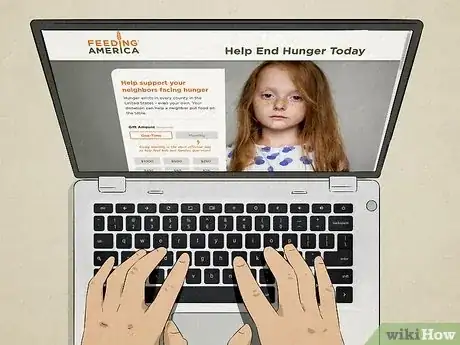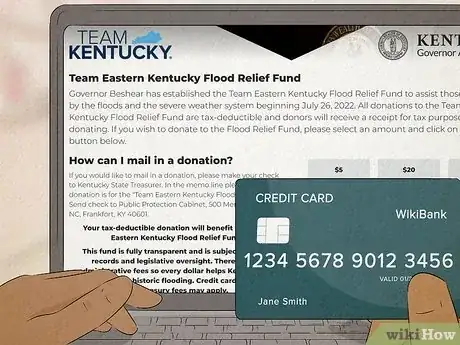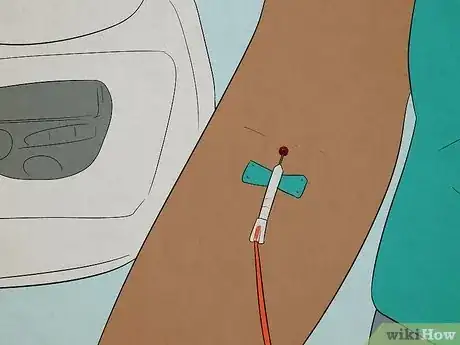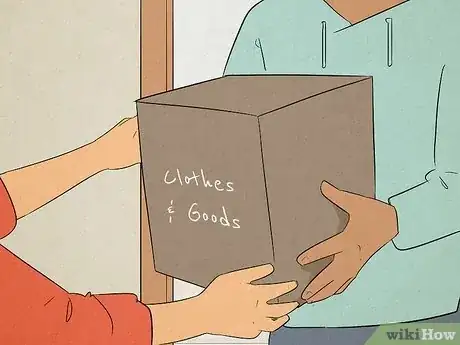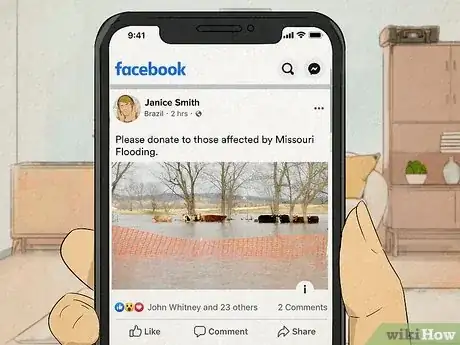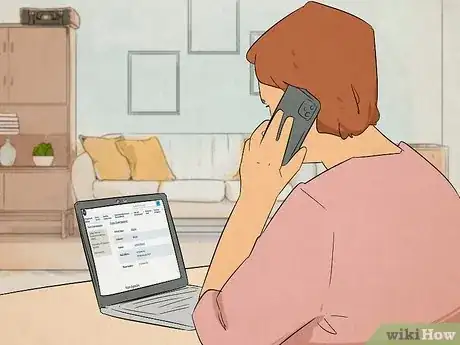This article was co-authored by Direct Relief and by wikiHow staff writer, Eric McClure. Direct Relief is an award-winning humanitarian aid organization, active in all 50 states and more than 80 countries. They focus on helping people affected by emergencies and natural disasters. Direct Relief has been highly rated by Charity Navigator, GuideStar, and the Center for High Impact Philanthropy at University of Pennsylvania, for their effectiveness, efficiency, and transparency.
There are 17 references cited in this article, which can be found at the bottom of the page.
This article has been viewed 50,002 times.
In the wake of a natural disaster, you may be wondering what you can do to help people in need. It can be tough to figure out the best way to help—especially when there are so many options out there. Luckily, it’s easy to figure out where to spend your time, energy, and money, and there’s no shortage of great organizations out there that will happily accept your help. Read on to learn everything you’ll ever need to know about helping people after catastrophe strikes.
Things You Should Know
- Look for a reputable organization and donate money to have an immediate impact.
- Cash donations are often preferable to clothes and other physical goods because storage is a challenge.
- Get the word out and contact your local politicians to encourage others to do more.
Steps
Warnings
- Be cautious when you are donating to an unfamiliar organization or individual. Always check the Better Business Bureau or Charity Watch online first.[20]⧼thumbs_response⧽
References
- ↑ https://www.charitynavigator.org/index.cfm?bay=content.view&cpid=310
- ↑ https://www.consumer.ftc.gov/articles/0074-giving-charity
- ↑ https://www.nvoad.org/wp-content/uploads/when_disaster_strikes_-2.pdf
- ↑ https://www.charitycharge.com/nonprofit-resources/5-organizations-in-florida-leading-hurricane-irma-recovery-efforts/
- ↑ https://www.mightycause.com/guide/fundraising-ideas/relief-fundraising
- ↑ https://www.redcrossblood.org/donate-blood/how-to-donate/eligibility-requirements.html
- ↑ https://www.nvoad.org/donate/
- ↑ https://www.npr.org/2013/01/09/168946170/thanks-but-no-thanks-when-post-disaster-donations-overwhelm
- ↑ https://www.tandfonline.com/doi/abs/10.1080/1553118X.2020.1835920
- ↑ https://mutualaiddisasterrelief.org/join/
- ↑ https://www.helplinecenter.org/2-1-1/
- ↑ https://www.paih.org/get-involved/host-a-refugee-in-your-home
- ↑ https://resources.bestfriends.org/article/pet-fostering-qa
- ↑ https://www.habitat.org/our-work/disaster-response/volunteer
- ↑ https://www.habitat.org/volunteer/build-events
- ↑ https://www.nationalgeographic.com/science/article/what-happens-when-natural-disasters-strike-during-coronavirus-pandemic
- ↑ https://www.charitynavigator.org/index.cfm?bay=content.view&cpid=310
- ↑ https://www.charitynavigator.org/index.cfm?bay=content.view&cpid=310
- ↑ https://www.xavier.edu/jesuitresource/online-resources/prayer-index/prayers-in-times-of-crisis/in-times-of-natural-disaster
- ↑ https://www.consumer.ftc.gov/articles/0074-giving-charity
